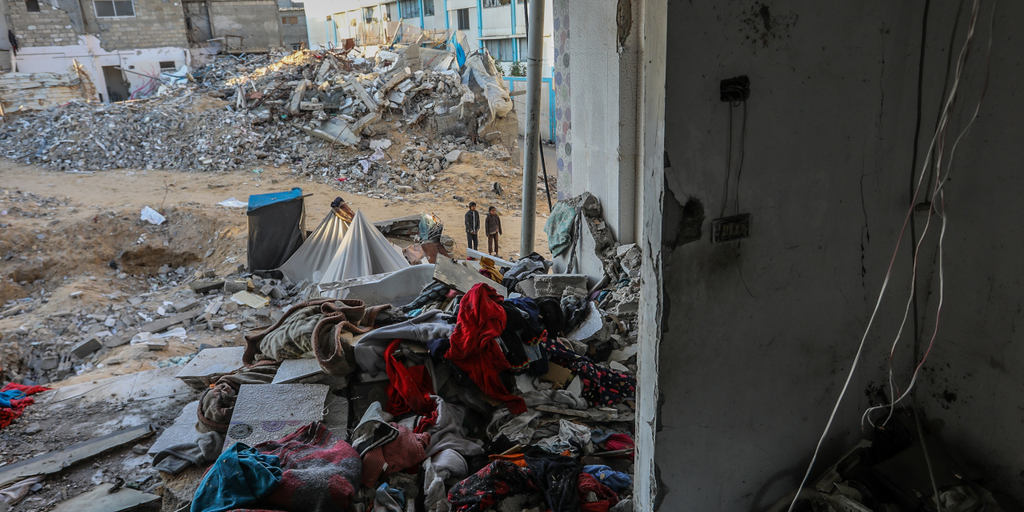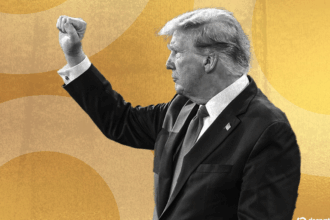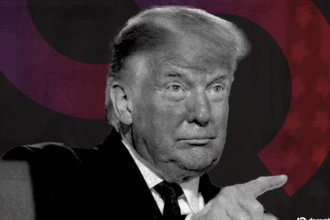The Financial Times (FT) reports on a controversial plan developed by the Tony Blair Institute (TBI) and the Boston Consulting Group (BCG), which was shared with the U.S. administration. The proposal outlines tokenizing Palestinian land in and around Gaza for potential international sale, post-Israeli military operations.
The BCG deck, internally titled “Great Trust,” advocates compensating approximately 500,000 Palestinians with $500,000 apiece to incentivize their departure from Gaza, aiming to attract private investors for redevelopment. Under the plan, public land would be held in a trust and tokenized via blockchain, with residents potentially receiving tokens granting rights to new housing elsewhere.
TBI co-founder Chris Yin of Plume Network described the core process as standard real-world asset (RWA) tokenization: “The title for the land is put into a special vehicle… Then the shares… are tokenized and minted on a blockchain.” Sam Mudie of Savea suggested such tokenized land could become an international investment opportunity, possibly traded on centralized exchanges.
However, the proposal has faced accusations of moral opportunism, particularly amidst ongoing conflict. Paul Biggar, founder of Tech for Palestine, commented: “Those fucking monsters want to steal all Palestinian land and sell it back to them?” A source familiar with the BCG model suggested around 25% of Palestinians might leave as a result of the incentives.
Ashok Kumar, an associate professor of political economy, offered a critical perspective: “Palestinians want to live in their home… Israel’s siege… has been designed to… force them to ‘choose’ exile.” TBI has distanced itself from the direct involvement, stating minimal staff participation. BCG also denied leading involvement, claiming staff were misled about the project’s political sensitivity.
Additions to the plan include “world-class resorts” named “The Gaza Trump Riviera & Islands” and an “Elon Musk ‘Smart Manufacturing’ Zone,” echoing former President Trump’s February proposal for U.S.-led reconstruction there.
Despite potential technical discussions around blockchain trade initiatives, the plan is heavily criticized. Kumar called it “grotesque” and “evil.” A pseudonymous developer noted, “The lives of the people and their homes are worth less than dollars to them.” Experts like Mudie are skeptical about implementation, asserting, “Implementing commercial-scale [land] tokenization… in a politically and geographically contested country… is probably still 2-3 years away…”
This plan exemplifies the confluence of geopolitics and technology, raising serious questions about ethics, implementation feasibility, and legitimacy in a conflict zone.












